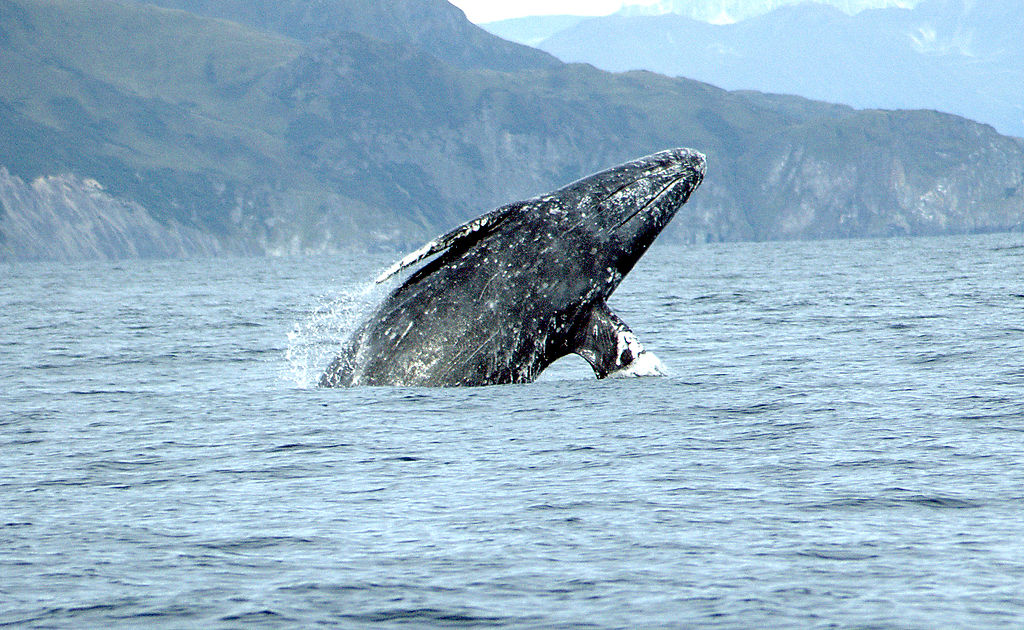
Scholars will give 20-minute sessions on a wide range of research topics to inspire secondary school students
We hope that this event will be fun and informative for both secondary school attendees and scholars alike and that it will potentially foster continued engagement and collaborations with community partners.
Year of Engagement Team
Twenty seven scholars are taking part in the first Gates Cambridge online Teach-a-thon which aims to inspire secondary students who have been affected by Covid-related school closures.
The scholars will share their knowledge about a broad range of subjects in a series of free, interactive 20-minute taster sessions. Gates Cambridge is the University of Cambridge’s leading scholarship programme for international postgraduate students. Those selected have to demonstrate both outstanding intellectual ability and a commitment to improving the lives of others.
The Teach-a-thon will take place every day of half term week, with each day featuring a different specialism.
On Monday 15th February the sessions take place from 10am-1pm and are on the subject of Biological Sciences. They cover everything from photosynthesis life at the atomic level and foetal development to understanding viruses, how the nervous and immune systems protect the gut and diagnosing cancer of the oesophagus using a sponge-on-a-string
device. Join via https://us02web.zoom.us/j/81466223530
On Tuesday 16th February the sessions take place from 2-3.40pm and are focused on Arts and Humanities. They cover the East India Company’s history; medieval Irish; Māori protest as radical revisionist history and reclamation of sovereignty; poetry and protest; and the history and biology of whales. Join via https://us02web.zoom.us/j/86376703697
Arts and Humanities features again on Wednesday 17th February from 10-11.40am, covering environmental history; body ideas and feminism; the archaeology of food production and iron working in Southeastern Nigeria; knowledge, opinion and utter hogwash; and musical borrowing. Join via https://us02web.zoom.us/j/86276834753
On Thursday 18th February, it’s the turn of the Physical Sciences, Engineering and Social Sciences. Sessions run from 1-3pm. Subjects covered include the solar system; proteins, microfluidics and bioelectronics; particle physics; designing passenger cars; understanding mental health; and brain development. Join via https://us02web.zoom.us/j/89400109006
On Friday 19th February, the sessions cover interdisciplinary topics and will run from 10-11.40am. They include Renaissance technologies for learning; growing mini brains; how words and objects are stored in the memory; climate change intrapreneurs and activists; and genetics and personalised medicine. Join on https://us02web.zoom.us/j/88581183281.
Each scholar will speak for 20 minutes. Those taking part are Darius Kosmuetzky (who is doing a PhD in Biochemistry), Vaithish Velazhahan (who is doing a PhD in Biological Science), Bailey Weatherbee (PhD in Physiology, Development and Neuroscience), Michelle Ko (PhD in Biological Science), Mahlaqua Noor (PhD in Medicine), Aisha Yusuf (PhD in Medical Science), Nishant Gokhale (PhD in Legal Studies), Roan Runge (PhD in Anglo-Saxon, Norse and Celtic), Emma Gattey (PhD in History), Stuti Pachisia (PhD in English), Anna Guasco (PhD in Geography), Davide Martino (PhD in History), Ronja Griep (PhD in Philosophy), Chioma Vivian Ngonadi (PhD in Archeology), Roxane Noel (PhD in Philosophy), Nicholas Swett (PhD in Music), Yinuo Han (PhD in Astronomy), Akhila Denduluri (PhD in Chemistry), David Rousso (PhD in Physics), Dr Jonathan Miller (PhD in Engineering), Emma Soneson (PhD in Psychiatry), Morgan Healy (PhD in Education), Olin Moctezuma (PhD in History and Philosophy of Science), Lea Wenger (PhD in Clinical Neurosciences), Shalom Henderson (PhD in Medical Science), Ariel de Fauconberg (PhD
in Management Studies) and Yasemin Cole (PhD in Medical Science).
Nicholas Swett will speak about “musical borrowing” an area that explores the ways composers and performers re-use and re-create existing musical materials. He will cover everything from the legal ramifications of taking other musicians’ materials without permission and payment to cultural appropriation issues and will include an interactive exploration of the ways that similarities afforded by music inspired by other music can create productive opportunities to notice differences in musical style.
Anna Guasco will speak about the history and biology of whales, focusing on grey whale ecology and behaviour. She will also highlight that whales (and other animals, ecological/environmental issues, and more) can be studied from a social sciences and humanities perspective as well as a natural sciences one and will explain why the stories we tell about whales and environmental history matter.
Shalom Henderson is a speech-language pathologist (a therapist who works with patients who have difficulty speaking, understanding, reading, and/or writing). She will provide an overview of the brain regions known to be specialised in language, one of the six central functions of the brain, and what happens when things go wrong in this highly interactive and specialised language network. In particular, she will talk about how word meaning is stored and accessed in the brain and the nature of impairments that can arise when crucial brain regions are affected by disease such as Semantic Dementia.
Starting from an idea developed by co-organiser Emma Soneson, the Teach-a-thon has been put together by the Gates Cambridge Year of Engagement team, a working group of the Gates Cambridge Scholars Council, with support from The Brilliant Club and is designed with pupils age 13+ in mind.
The Year of Engagement Committee says: “We hope that this event will be fun and informative for both secondary school attendees and scholars alike and that it will potentially foster continued engagement and collaborations with community partners.”
*To see full details of the event (including access information and the full schedule) and sign up (recommended but not required), go to https://gatesteachathon.eventbrite.co.uk
*Picture credit: Gray whale breaching by Merrill Gosho, NOAA.












